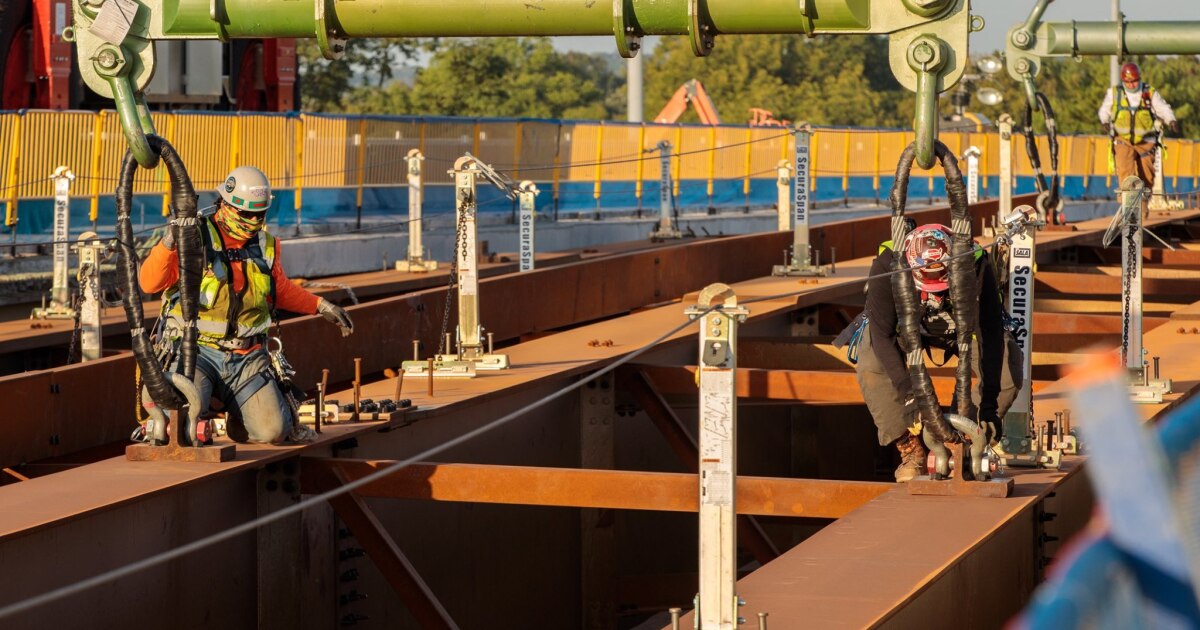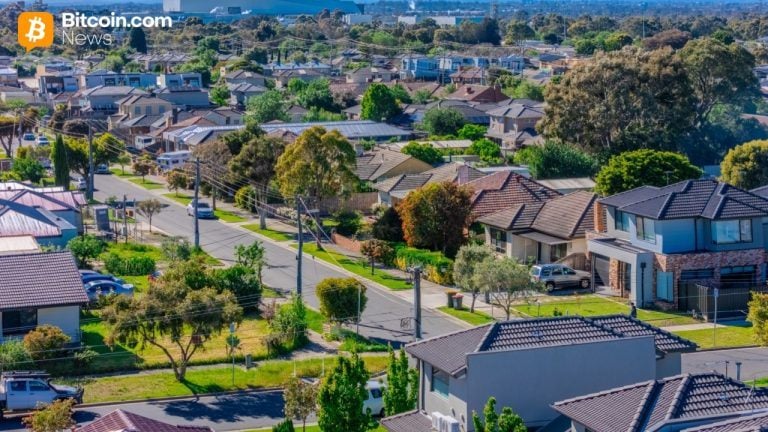Tennessee governor sees P3 plan as key to state’s highway hopes
4 min read
Tennessee’s roads need $34 billion in work and Gov. Bill Lee thinks public private partnerships could help fund it.
Lee unveiled his “Transportation Modernization Act of 2023,” marketed as the ‘Build With Us’ bill, in a presentation to state Department of Transportation officials on Jan. 5.
“We have not done enough in the past,” Lee said. “We have to invest significantly in roads but we also have to come up with strategies to change funds because a lack of funding is what got us in this situation today.”
Lee’s plan would institute the only tolled roads in the state under a P3 arrangement he hopes will free up state funds for the many other looming projects on the state’s agenda.
Private partner companies would front the cost of redeveloping certain highways, turning a profit by operating and maintaining a tolled expressway that would offer faster moving traffic, alongside existing highways. His plan calls them “choice lanes.”
Tennessee is “pay as you go” and “we don’t want to change,” Lee said. “But more than anybody we need to be investing in the highways and roads we have.”
The P3 arrangement is “the only way” to help Tennessee avoid debt markets as it overhauls roadways, Lee said, and address the full spectrum of its looming transportation issues.
According to a report from the Tennessee Advisory Commission on Intergovernmental Relations published in February, Tennessee’s population growth, 9% in the last decade, necessitates $61.9 billion in spending on public infrastructure improvements through 2025.
“Unprecedented growth” in population and commercial business in Tennessee is driving an increase in traffic that’s taking its toll on the state’s roads and resulting in major back-ups that could triple commute times, concluded another report published by the Tennessee DOT in August.
The report deemed congestion the top issue facing the state’s roadways and identified major traffic bottlenecks around the urban centers of Chattanooga, Knoxville, Memphis, and Nashville that would grow worse with time if the state didn’t widen roads, seek new management strategies, and restructure funding schemes to help secure supplemental support for transit system expansion “that’s necessary to preserve the quality of life and economic vitality of Tennessee’s urban areas.”
Lee said his plan would cut costs and increase delivery times, allowing the state to do more with less..
“It’s not just an urban issue,” said Deputy Gov. Butch Eley, who presented a portion of the plan alongside Lee. People in rural areas were seeing serious congestion issues as well that “aren’t going to do anything but get worse.”
The cost of addressing all the needed road improvements ranges between $26 billion-$34 billion, Eley said. The state’s current funding streams, including a gas tax that nets around $1.2 billion a year, go almost entirely toward maintenance.
“I’m not a mathematician,” Eley said, “but it doesn’t take a mathematician to figure out that we’re not spending enough now to continue to solve the problems we have to solve.”
Lee’s said bringing private companies in on development to fund capital work without turning to debt markets has worked in other states, like Texas and North Carolina.
Some of those projects, however, have prompted backlash from voters.
The wiggle room gained by tolling some urban motorists is necessary to address both urban and rural road issues, said Lee.
In rural townships, “two or three-lane” highways are regularly backed up first the first time in memory and needed work. The money required to invest in big-city infrastructure “would drain all that was necessary for the rest of the projects across the state,” he said.
“Money private companies put into these projects we can turn around and use on rural interstate projects,” he told DOT officials.
Along with easing congestion for the average commuter, Lee said protecting the state’s growing freight shipping industry is a primary goal for his plan.
Freight shipping makes up 40% of the state’s GDP, according to the TDOT, and Tennessee ships the third most freight by volume in the US along its roadways.
“Sitting in traffic might matter” to those companies as longer trips translate to a loss in profits, said the governor.
A confluence of outside factors working in tandem with population and business growth is also putting the state’s highways under greater pressure.
According to the TDOT, the steadily increasing cost of jet fuel makes trucking shipments cheaper and more appealing to many distributors. A continued boom in the state’s manufacturing sector means more tonnage will make its way across Tennessee’s highways and interstates.
Large manufacturers that moved factories overseas in search of cheaper production costs years ago are now facing “increased costs, rapid labor turnover, and unstable supply chains,” said the TDOT report, driving a return to the U.S., specifically in the southeast where miles of interstate roads give them quick access to North American markets.
Recently Tennessee has had major automakers open production facilities and officials expect the trend to continue.
“The Governor’s strategic investments will prepare Tennessee communities and businesses, including the trucking industry, for increased mobility and economic advantages in the years ahead,” said Lee’s press secretary, Jade Byers.
Lee’s plan must be approved by the state legislature. The idea of instituting the first tolled roads in the state hasn’t gone over well with some legislators, including Democratic caucus chair, Rep. John Ray Clemmons, who said he doesn’t like making a piece of public infrastructure privately owned.







